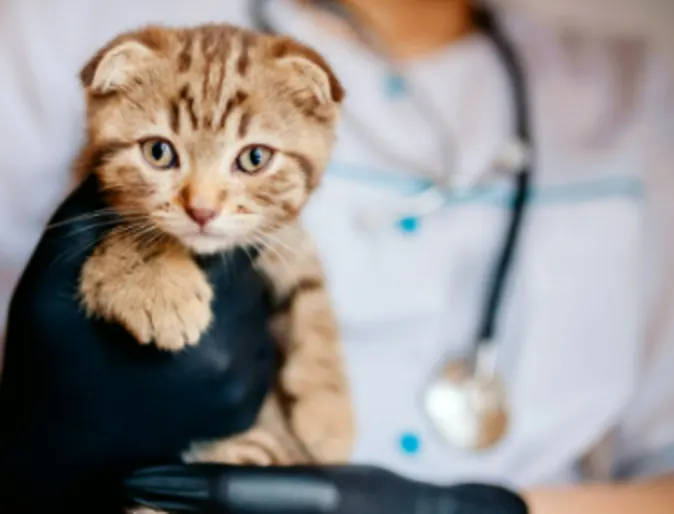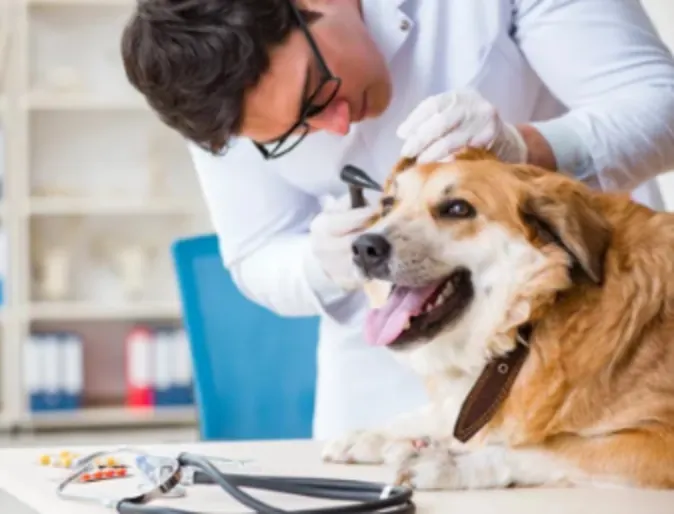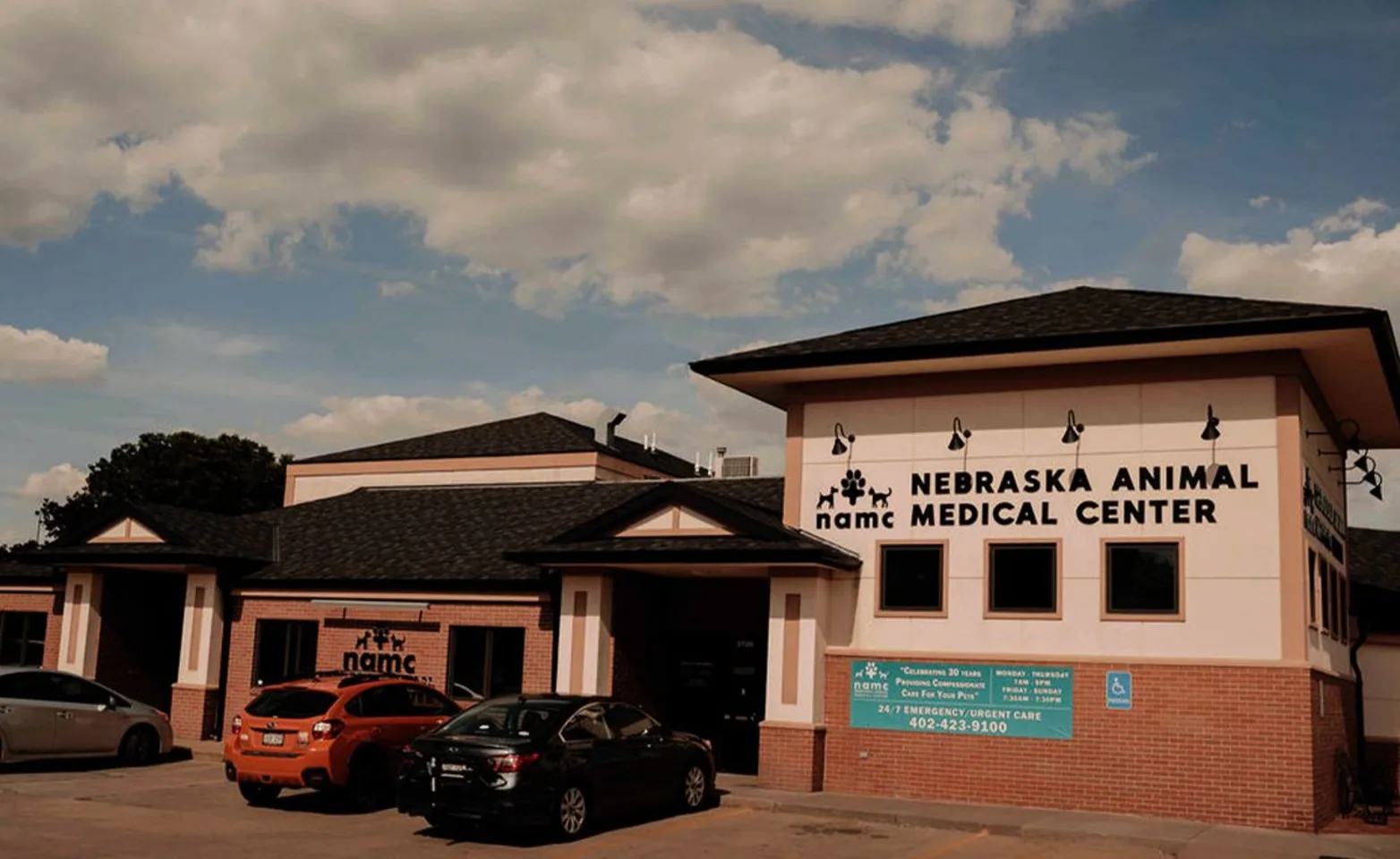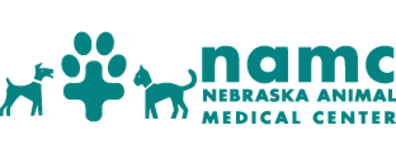Nebraska Animal Medical Center




While some facilities offer only a handful of services, our animal hospital offers everything your pet needs under one roof, including:

Wellness Care
Wellness care is essential for ensuring your pet’s long-term health.

Emergency Services
We are available for emergency cases.

Personalized & Compassionate Care in Lincoln, NE
NAMC provides a wide range of preventative and emergency services for dogs, cats, rabbits, pocket pets, and exotics, and we are passionate about working with pet parents to develop comprehensive plans that allow their animal companions to live long, healthy, and happy lives. Our friendly, professional environment was designed with pets and their owners in mind, and our staff strives to make bringing your companion in for care as comfortable and stress-free as possible. We would be happy to have your pet as our newest patient.
Client Reviews & Testimonials
Serving our community since 1987, we have valued our clients’ experiences at Nebraska Animal Medical Center. Here’s what some of your neighbors are saying about us.
